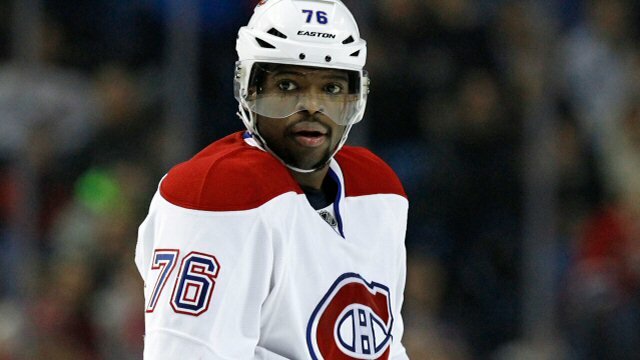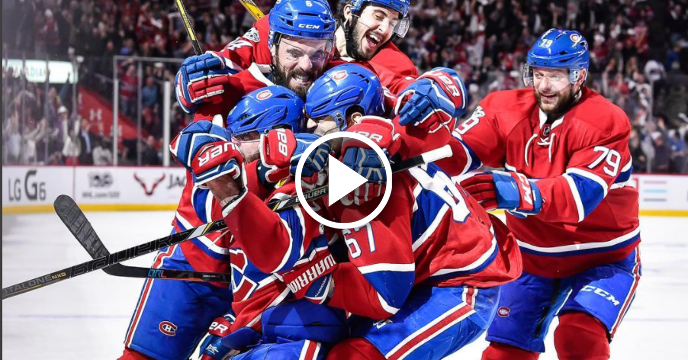
With the rich getting richer and the poor…well…just getting the picture, inequitable income distribution and its effects on society has become quite the hot topic of conversation around socioeconomic circles. As an example, it does not take a PHD in the field to realize if a small percentage of individuals control more and more wealth, poverty and crime rates tend to increase.
The NHL is not much different from society as they too have their own version of the haves and the have nots. Basically, a minority of the more lucrative teams prop up the majority of the poorer cousins, who have been born due to ill advised expansion into non-sustainable American markets. Just like crime and poverty rates tend to increase in the former example, the NHL scenario has predictably led to more frequent labor disputes.
Thus, the main reason why revenue sharing has been implemented by the NHL is to offset the economic problems caused by such a wide income disparity between clubs. Of course, sharing the wealth is something which only exists between a small group of individuals who are wealthy enough to own hockey teams and who have the same common goal: to make more money. Revenue sharing is alien to the poor, because they have no revenue to share.
According to Forbes, there were only three NHL teams in 2011-12 which reeled in more than $160M in revenue. The top earner on the list is the Toronto Maple Leafs ($193M), followed by the New York Rangers ($169M) and the Montreal Canadiens ($165M). Even though Toronto and Montreal both finished near the bottom of the standings and failed to make the playoffs, they made it to the head of the class. And who says failure does not pay?
Understandably, both the Maple Leafs and Canadiens have rich traditions and can pretty much keep the cash register ringing, regardless of what kind of semblance of a club they put on the ice. Does the lack of financial incentive to assemble the best possible team lead to a more mediocre product on the ice? An alarmingly small number of Stanley Cup victories from Toronto, Montreal and New York in recent decades may answer the question.
When majority owner Geoff Molson purchased the Montreal Canadiens in 2009, it marked the third time the Molson family was involved with owning the team. Members of the Molson family previously owned the franchise from 1957-1971 and 1978-2001. Since the Molson’s have sold the team on two separate occasions, the Habs have obviously been an integral business investment to the family.
No one doubts Geoff Molson’s passion for the Habs, but make no mistake, he is a businessman first and a fan second. The old idiom business before pleasure is aptly applicable. With little financial short term reward at stake for returning the Canadiens to their winning ways, it remains to be seen if Molson will go the extra mile and trouble himself with attempting to resurrect the current mundane brand of hockey being offered. As long as Hab fans continue to fill the Bell Centre and their bellies with overpriced non-premium beer, why fix something that is far from broken (from a business standpoint anyway)?
One can conclude, the Canadiens financial success as a result of their storied past has significantly contributed to their current demise on the ice. It remains to be seen if the ownership will be content with continuing to cash in on history and rapidly fading memories, or strive to reclaim the excellence which has made them one of the NHL’s elite members.
In addition to concentrating on the bottom line, let’s hope Geoff Molson and partners can also focus on lifting the Habs from the bottom of the standings.
 Share
Share 











